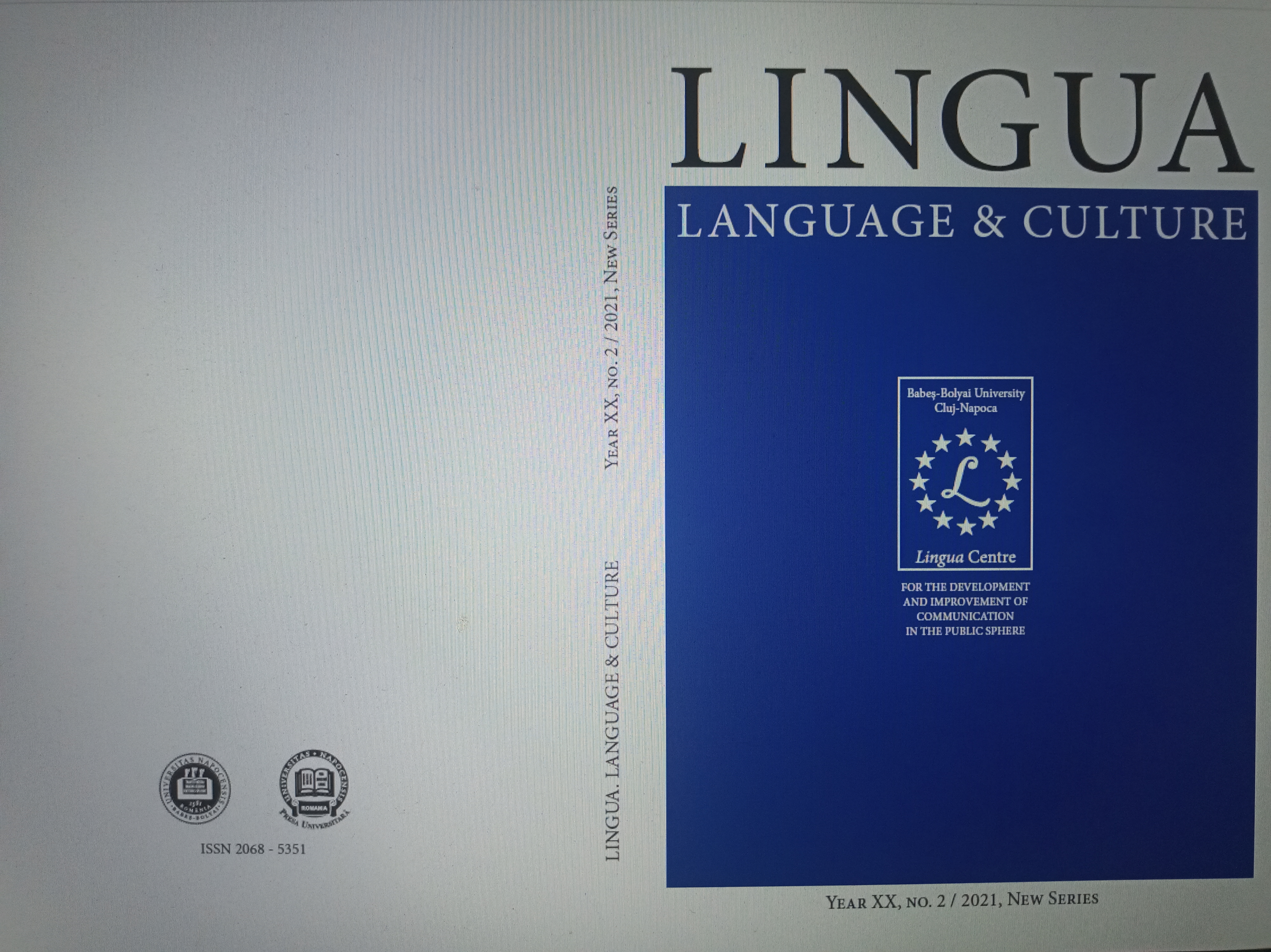Derivation from Foreign Words and Acronyms Borrowed in Arabic
Derivation from Foreign Words and Acronyms Borrowed in Arabic
Author(s): Reima Al-JarfSubject(s): Language and Literature Studies, Phonetics / Phonology, Morphology, Language acquisition
Published by: Universitatea »Babes Bolyai« Cluj - Facultatea de St. Economice si Gestiunea Afacerilor
Keywords: Loan words; Acronyms; Phonological adaptation; Morphological adaptation; Derivation from loan words; Derivation from acronyms;
Summary/Abstract: Derivation is a major word-formation process in Arabic, in which words are formed from a root consisting of three or four consonants and a set of vowels that alternate with the root consonants. Different derivational patterns are used to derive action nouns, adjectives, agents, patients, nouns of place, time, occupation, appliances, tools, diseases, the diminutive and others. The application of derivational patterns to loanwords constitutes a unique linguistic phenomenon in Arabic, especially when Arabic derives forms from borrowings that have no derivatives in the donor language, via English. For example, Facebook is a noun in English and no other forms are derived from it, but in Arabic, Facebook users who are common people have derived the verb يفسبك (*to Facebook), an action noun فسبكة (*Facebooking), and agents/doers فيسبوكيون (*Facebookers). The acronym Laser was borrowed from English and the verb ليزر, adjective مليزر, action noun ليزرة, plural ليزرات were derived, although no forms are derived from Laser in English. A corpus of borrowings which have no derivatives in the donor (source) language but has derived forms in Arabic (the recipient language) was collected and analyzed. This phenomenon cannot be generalized to all borrowings in Arabic. There are variations in how many forms can be derived (NATO, Mafia, federal, tension, nervous, hysteria, maquillage, aristocracy). The study gives examples of borrowings in Arabic with different forms derived from them and explores why some borrowings are derivable and productive, others are not.
Journal: Lingua. Language and Culture
- Issue Year: XX/2021
- Issue No: 2
- Page Range: 52-77
- Page Count: 26
- Language: English

